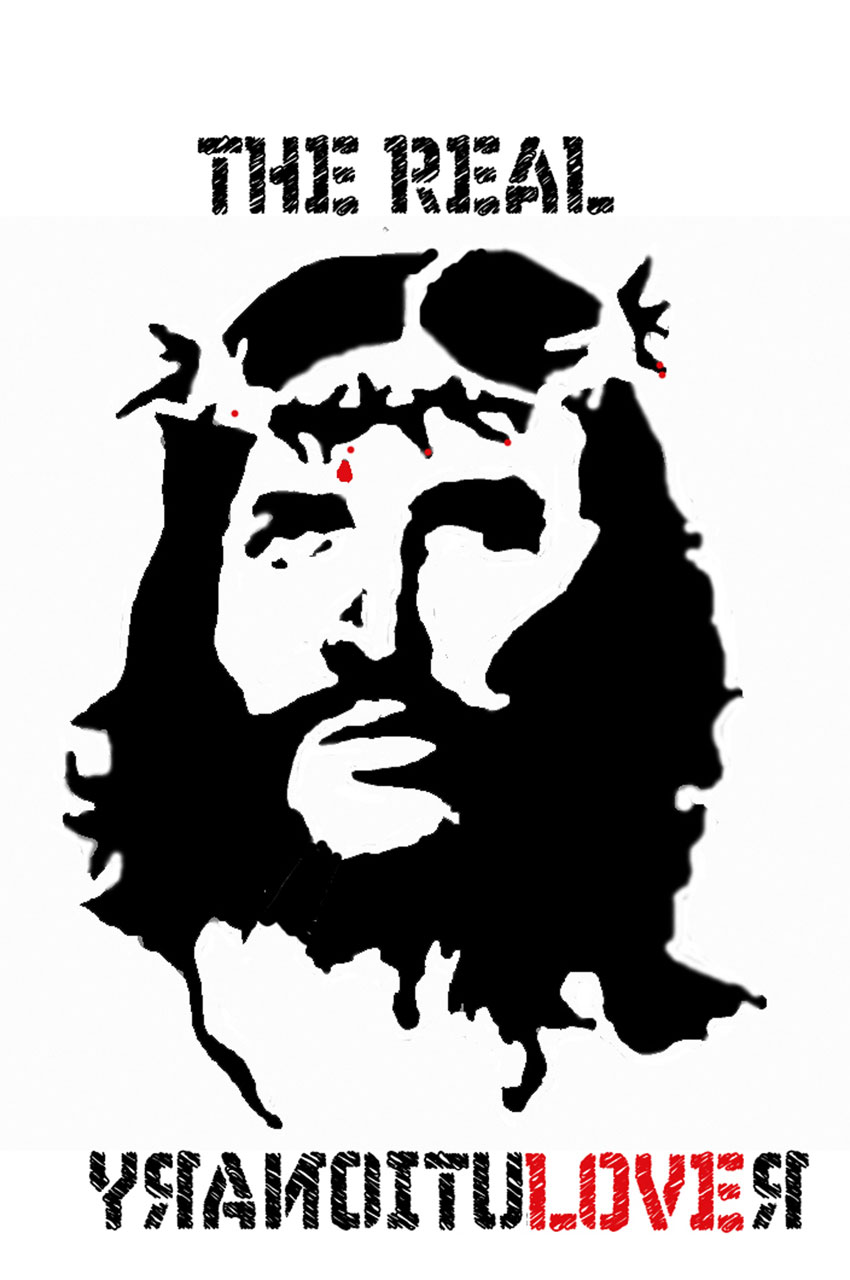Does Jesus ever scare you? Maybe he should. What we celebrate with cute re-enactments using palm branches, and maybe a donkey, was actually an earth-shattering revelation of revolution.
Jesus as a Modest King Out-of-the-Box Revolutionary, Unexpected Leader
The Servant-Lord’s Entry into Jerusalem
Jesus waits at the Mount of Olives before entering the city. We know from the ancient writings of Josephus, that the Israelites of that day believed and expected the Messiah to begin the revolutionary war to overthrow the Romans from the Mount of Olives. Matthew begins the story with this geographical placing, as a way to say “Youhou! Here he is!”
The text is littered with titles that identify Jesus, as well as citations from the First Testament put into the mouths of the crowd and the narrator.
Rejoice greatly, O daughter Zion!
Shout aloud, O daughter Jerusalem!
Lo, your king comes to you;
triumphant and victorious is he,
humble and riding on a donkey,
on a colt, the foal of a donkey.Save us, we beseech you, O Lord!
O Lord, we beseech you, give us success!Blessed is the one who comes in the name of the Lord.
We bless you from the house of the Lord.
Jesus is recognized as the “Son of David” – Jewish title for the Messiah (as we’ve seen). Messiah means the Anointed One – the ultimate King. Yet the paradox of this story is that this ultimate King comes to liberate his captive people in intentional modesty, strategic peace, declaring nonviolence. He rides a donkey – which confirms prophetic scriptures, but also is a radical and radically weird proclamation. A donkey is a common animal, a beast of burden. A king rides a mighty stallion, not a lowly donkey owned by the poor to help them with their work. A king rides a mighty stallion, a war animal, not a slow, stubborn work animal that pulls a plough, never leads a crowd. A king should have the finest horse – or mode of transportation – yet this king travels in a truly human – truly normal – way, at the level of the basic person. Jesus comes into the capital city, as was expected of the Messiah King to come, but doesn’t come how he was supposed to. He comes triumphant and victorious to the adulating crowds, but he also comes righteous and saving, clearly proclaiming what God actually wants for the people, the city and the world: justice. nonviolence. peace. equality. righteousness. a different kind of kingdom and governmental reign.
The crowds cry out “Hosanna” – in Hebrew the word means “God saves” – a proclamation and an entreaty. God has come to save them – yet God has come as both he divine Messiah King and the modest human donkey-riding God-with-us. Is it any wonder that the crowds that accompanied him from the Mount of Olives into the city that day, so quickly left, looking for a different kind of leader?
Questions for Reflection:
- How have you experienced Jesus as a – as the real – revolutionary?
- What do you need to give up, or let go of, in terms of your expectations of how Jesus should be King?, of how God should act in your life, and in our world?
- In these days before the genesis of Holy Week, how is it formative for you to remember that Jesus comes as a revolutionary, and dies as a revolutionary, bringing about a revolution that no one really saw or recognized until it had taken place?
- How is God calling you to be radical or a revolutionary in your life?, our church?, our city?
